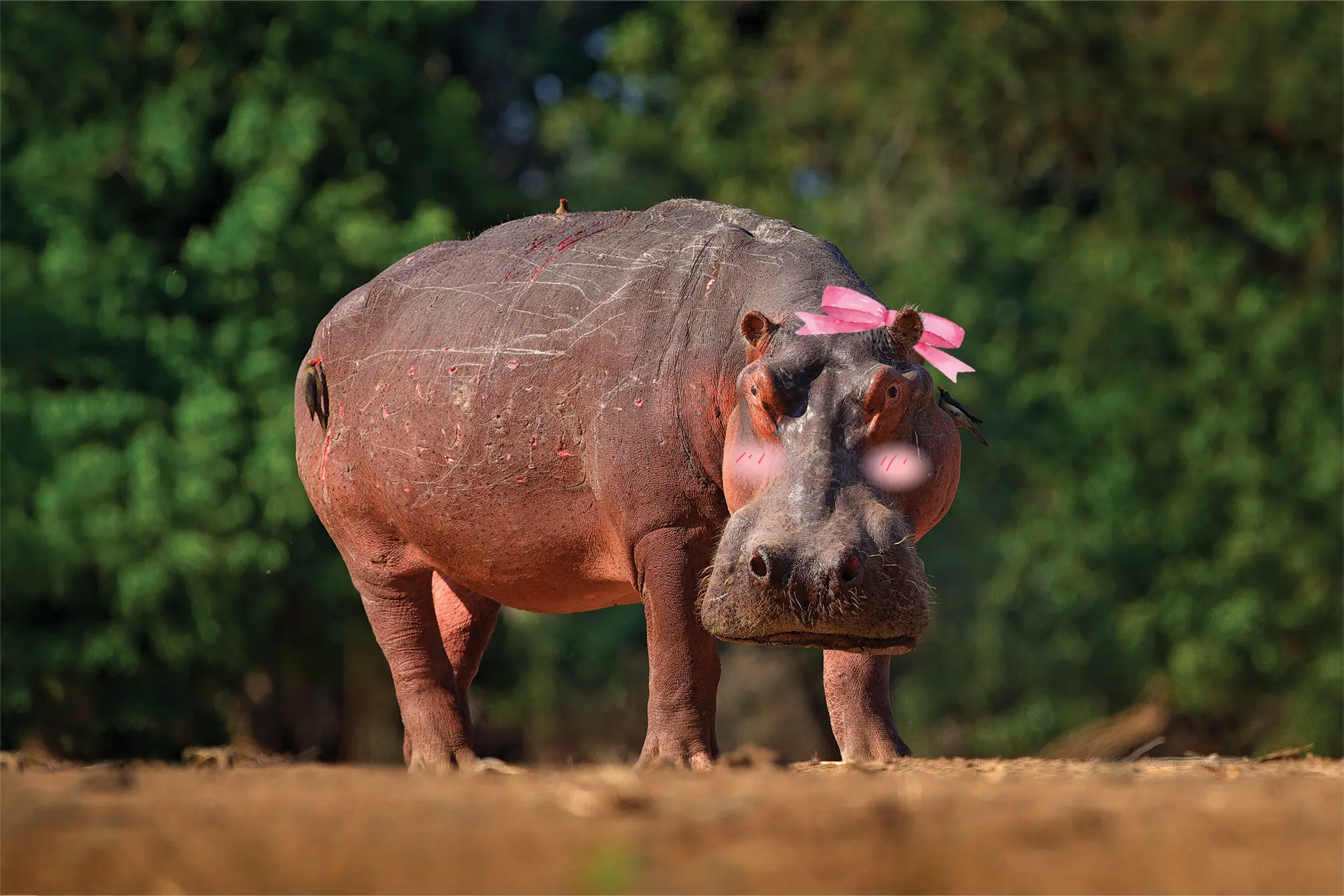When Gen-chan arrived at Osaka Tennoji Zoo from the Africam Safari animal park in Mexico in 2017, the then 5-year-old hippopotamus was declared as a male. That’s what the document said and, as Gen-chan was a calf at the time, nobody questioned it. After a few years, though, suspicions started to grow. Zookeepers couldn’t visually identify any male reproductive organs. Also, Gen-chan made no courtship calls to female hippos and didn’t scatter feces around while defecating with a propeller-like tail motion to mark its territory. Eventually, the zoo decided to carry out a DNA test.
As suspected, it proved that the now 12-year-old Gen-chan is, in fact, female. “We recognize the importance of confirming the (animals’) sex, and we want to ensure that such mistakes will not happen again,” said Kiyoshi Yasufuku, the facility’s vice director, according to The Mainichi newspaper. He added, “We hope visitors will continue to come and see Gen-chan.” The zoo confirmed that the hippo will not be changing names as she has come to be known and loved by her male moniker. “We will keep doing our best to provide a comfortable environment for Gen-chan,” it said.
Lioness Mistaken for a ‘Male’ Lion at Maruyama Zoo
It’s the second time this year that a Japanese zoo has admitted to misgendering an animal. On March 1, the Sapporo Maruyama Zoo announced that Clay, a 21-month-old “male” lion, was actually female. The zoo eventually realized the mistake, as Clay didn’t grow a mane, even after 18 months. The way she peed also wasn’t consistent with other male lions. Born in May 2022 at Tobe Zoological Park in Ehime Prefecture, Clay was declared a male after 20 days when a bulge was found that appeared to be a pubic mound. This bulge, however, was caused by the lion’s coat. She returned to Tobe Zoo following the discovery, as Maruyama Zoo, which already had a 17-month-old lioness, planned to raise one male and one female.









